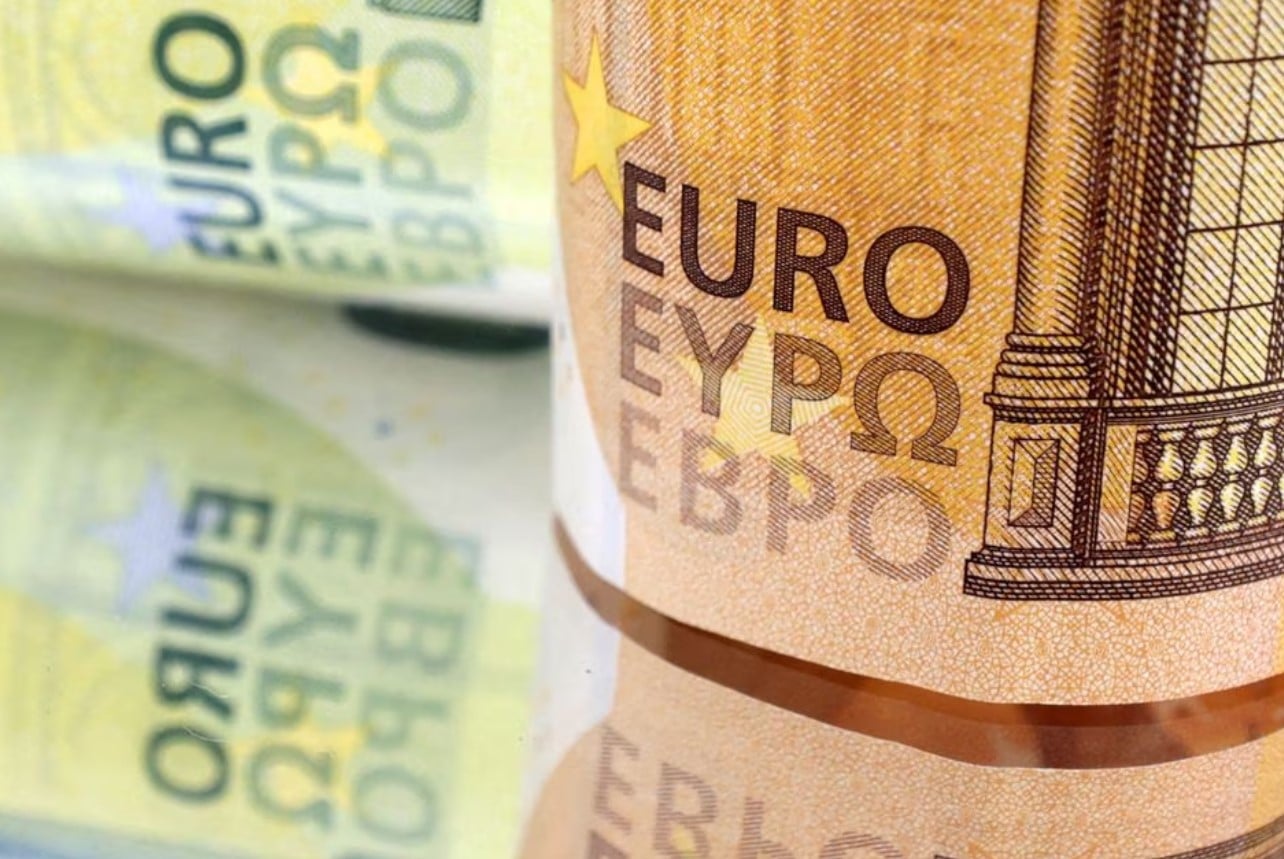The Cyprus government saw its surplus climbing to 1.9 per cent of the country’s Gross Domestic Product (GDP) between January and May 2024, up from 1.1 per cent in the same period last year, according to a report by the state’s statistical service.
This increase, detailed in the preliminary fiscal results released on Monday, translates to a surplus of €590.6 million, marking a significant rise from €322.7 million previously.
Despite a rise in expenditures, fiscal stability was successfully maintained, bolstered by a substantial uptick in revenues, primarily from taxes and social contributions.
Breaking down the revenue components, total revenues surged by 14.9 per cent, amassing an additional €700.8m to reach €5.39 billion.
This is an increase from the €4.69bn recorded over the same timeframe in 2023.
Notably, taxes on production and imports grew by 8.4 per cent to €1.89bn, with VAT revenues alone climbing by 8.9 per cent to €1.29bn.
Income and wealth taxes saw an even more impressive rise, increasing by 17.2 per cent to €1.23bn.
Social contributions also showed strong growth, up by 16.6 per cent to €1.68bn. Income from services witnessed a significant 35.4 per cent jump, reaching €366.8m.
Moreover, current transfers rose by 19.9 per cent to €134.9m, and capital transfers escalated by a notable 50.3 per cent to €23.6m.
On the expenditure front, there was a 9.9 per cent increase amounting to €432.8m, bringing total spending to €4.80bn.
The primary drivers of this rise were staff remuneration, up by 13.8 per cent to €1.52bn, and social benefits, which increased by 9.3 per cent to €1.91bn.
Current transfers and interest payments also saw substantial increases of 18.1 per cent (€365.2m) and 29.1 per cent (€192.4m), respectively.
Despite a general increase in government spending, not all sectors mirrored this upward trajectory.
Specifically, the capital account demonstrated a notable decline, dropping by €42.2m, a decrease of 13.2 per cent, to settle at €276.4m, down from €318.6m in 2023.
This downturn was primarily driven by a reduction in fixed capital investment, which fell by €45.3m, a drop of 16.3 per cent, to €233.1m, considerably lower than the previous year’s €278.4m.
However, the news wasn’t uniformly grim in the capital segment. Other capital transfers saw growth, increasing by €3.1m, a rise of 7.7 per cent, to €43.3m, up from €40.2m in 2023.
Taking a broader view, the overall capital expenditures reflected the decline observed in fixed investments, with total capital spending decreasing by 13.2 per cent to €276.4m.
Subsidies, a vital component of government support mechanisms, also experienced a significant reduction, falling by 19.9 per cent to just €57.3m







Click here to change your cookie preferences